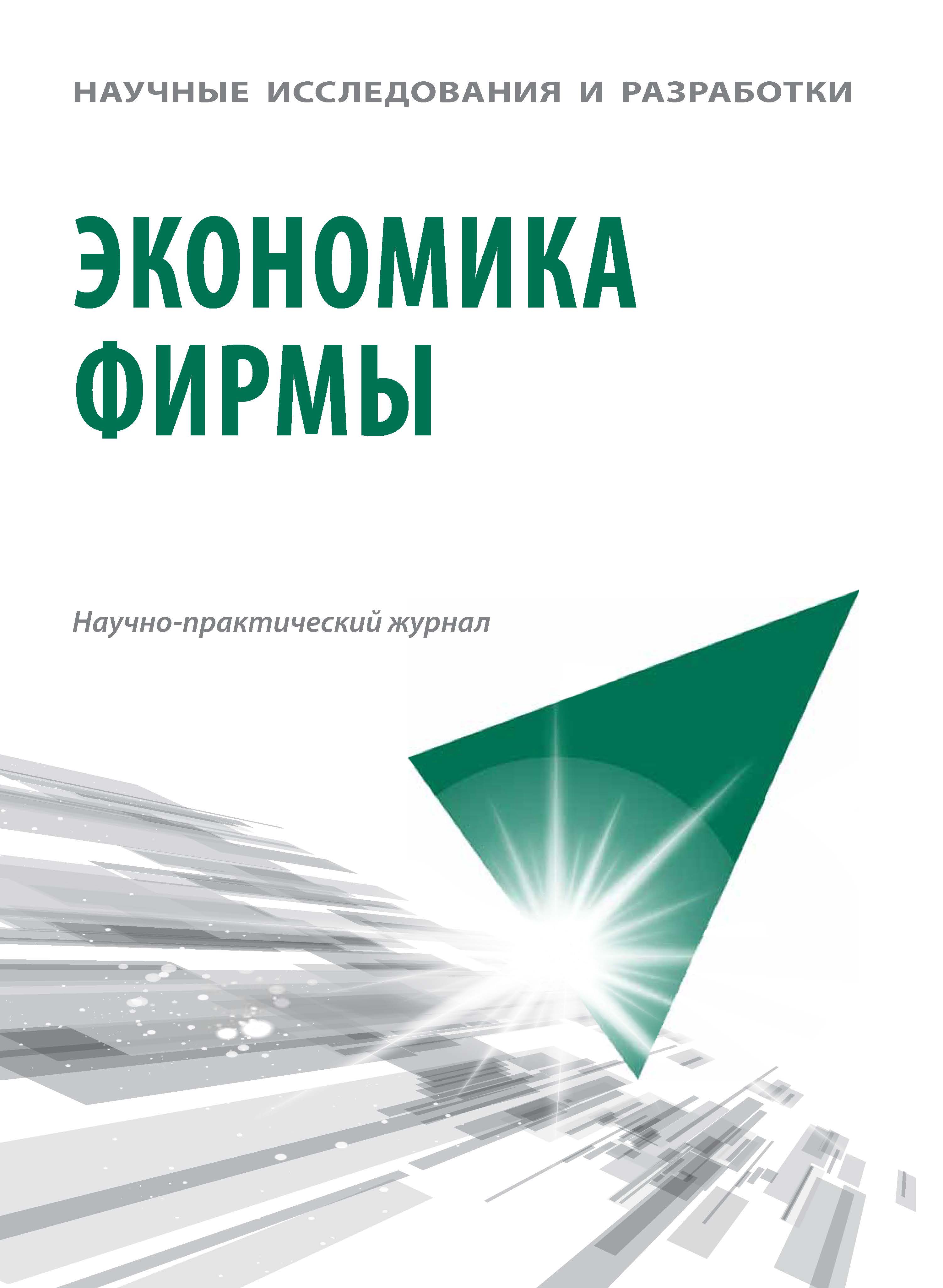Russian Federation
The research is devoted to the identification, identification and study of the principles of transformation of the public procurement mechanism in modern Russian practice under the influence of current public demands and systemwide challenges. The empirical base of the study is based on the previously obtained results of the study of the functioning of the sphere of public procurement, implemented on the basis of the federal law No. 44-FZ "On the Contract System in the Field of procurement of goods, Works, services for State and Municipal Needs", their place in the state economic Mechanism and quantitative indicators of their impact on achieving the goals of state economic policy. The scientific novelty of the study lies in the differentiation and characterization of various groups of framework restrictions that affect the functioning and transformation of the mechanism of public procurement, as well as determining the directions of functional relationships between these groups. A component of the scientific novelty of the study is also the formulation of the rules (principles) recommended by the author for the transformation of the public procurement mechanism with their subject-descriptive justification and the formation of a systematic representation of their application in relation to the process of sequential transformation of the public procurement mechanism. The scientific contribution of the author to the study of the processes of improvement of the modern sphere of public procurement consists in the application of the method of formal logic in relation to the identification of objective grounds for the constant transformation of the mechanism of public procurement and its sequential transition from one state to another. The result of the study was the author's recommendations on the practical application of the principles of transformation of the public procurement mechanism in order to improve the scope of public procurement activities and increase the effectiveness in achieving the goals of state economic policy through public procurement.
mechanism of public procurement, shortcomings of the mechanism of public procurement, state economic policy, transformation of the mechanism of public procurement, principles of transformation of the mechanism of public procurement
1. Federal law of April 5, 2013. No. 44-FZ «On the Contract System in the Field of procurement of goods, Works, services for State and Municipal Needs» (s izmeneniyami i dopolneniyami).
2. Rules for the formation and maintenance of a catalog of goods, works, and services for state and municipal needs in the unified information system in the field of procurement: approved by Decree of the Government of the Russian Federation No. 145 dated February 8, 2017 (s izmeneniyami i dopolneniyami).
3. Berdnikov D.V., Kirillova O.Yu. Analysis of the impact of public procurement indicators on the achievement of public policy goals [Russian Competition Law and Economics], 2023. no. 3 (35), pp. 18-32. (In Russian). DOI: https://doi.org/10.47361/2542-0259-2023-3-35-18-32; EDN: https://elibrary.ru/FILDYG
4. Biryukova A.E. The public procurement system in the Russian Federation: problems, violations, changes in legislation [Scientific notes of young researchers. Vol. 10], 2022. no 1, pp. 39-50. (In Russian). EDN: https://elibrary.ru/NIAFKJ
5. Vasin S.G. Application of mechanisms of state anti-crisis management in ensuring the economic security of the state. Collection of Materials of the All-Russian Scientific and Practical Conference «Russia in the XXI century in the context of global challenges: problems of risk management and security of socio-economic and socio-political systems and natural and man-made complexes» (Moscow, April 26-27, 2022), Moscow: GUU, 2022. pp. 152-154. (In Russian). EDN: https://elibrary.ru/MQONIG
6. Mkhitaryan Khoren A., Kirakosyan Edgar I. The challenges and solutions in electronic auctions of public procurement system of The Republic of Armenia [Region and the world. T. 14], 2023. no 2. pp. 132-139. (In Armenian). DOI: https://doi.org/10.58587/18292437-2023.2-132; EDN: https://elibrary.ru/CGJCWE






